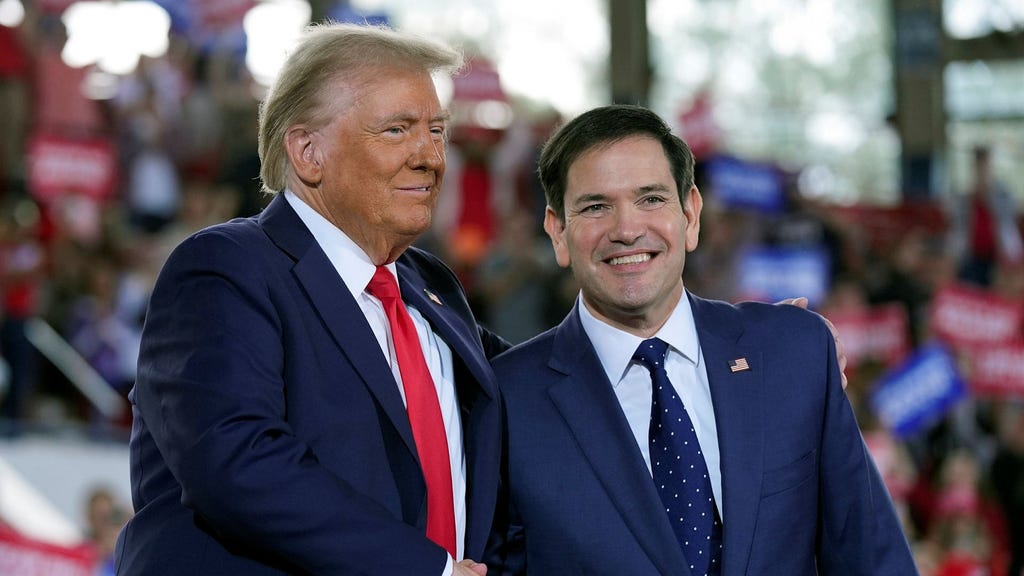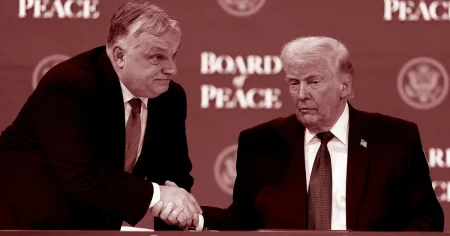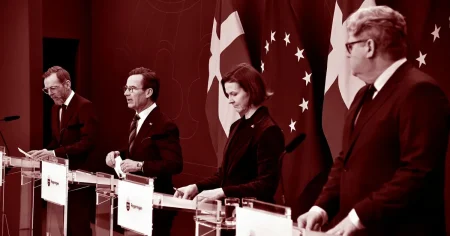Marco Rubio’s appointment as Secretary of State has been met with mixed reactions, with some Europeans breathing a sigh of relief, perceiving him as a China hawk and NATO ally who understands the threat posed by Vladimir Putin. This interpretation is largely based on Rubio’s past pronouncements, particularly a 2013 speech emphasizing the transatlantic link. However, a deeper understanding of Rubio’s trajectory reveals a different narrative, one rooted not in geopolitical strategy but in unwavering loyalty to Donald Trump. The key to understanding Rubio’s selection lies not in his policy positions, but in his submission to Trump’s dominance, demonstrated vividly during the 2016 Republican primaries.
Rubio’s initial defiance of Trump, marked by sharp personal attacks, quickly crumbled under the weight of Trump’s aggressive tactics. The now-infamous exchange about hand size, followed by Trump’s crude remarks about his anatomy during a televised debate, effectively emasculated Rubio politically. His subsequent defeat in the Florida primary and endorsement of Trump, whom he’d previously labeled a ”con man,” solidified Trump’s alpha status within the party. This dynamic, one of dominance and submission, is crucial to understanding Rubio’s political trajectory and his ultimate appointment. He has consistently voted in line with Trump’s wishes, including acquitting him during the impeachment trial following the Capitol riot and opposing aid to Ukraine. These actions demonstrate that Rubio’s primary qualification for the role is not his foreign policy expertise, but his unquestioning loyalty.
While Rubio’s hawkish stance on China might seem aligned with Trump’s own rhetoric and the broader American security establishment’s concerns, a closer examination reveals a fundamental disconnect. Trump’s ”America First” policy, characterized by a narrow interpretation of national interest, skepticism towards international alliances, and a transactional approach to foreign policy, diverges significantly from Rubio’s traditionally internationalist outlook. This difference highlights the superficiality of their apparent alignment. Trump’s actions, such as threatening to withdraw troops from South Korea and considering Taiwan a bargaining chip, demonstrate a disregard for traditional alliances and a willingness to prioritize short-term gains over long-term strategic partnerships. This undermines the shared perception of a unified front against China, exposing a deeper fissure within the American approach to foreign policy.
Trump’s foreign policy is not driven by a strategic vision of containing China or strengthening alliances, but by a transactional mindset focused on immediate economic benefits and a deep aversion to foreign entanglements. His imposition of tariffs on China, often cited as evidence of his tough stance, was driven more by a desire to redress trade imbalances than by a coherent geopolitical strategy. Similarly, his threats to withdraw from NATO were aimed not at encouraging European allies to contribute more, but at shirking what he perceived as burdensome international obligations. This transactional approach, devoid of any real commitment to alliances or democratic values, distinguishes Trump’s foreign policy from that of traditional Republicans like Rubio.
The composition of Trump’s cabinet further reinforces this point. Unlike his first term, when he surrounded himself with experienced military figures, his current appointments are marked by unwavering loyalty. Figures like Pete Hegseth, the incoming Defense Secretary, owe their positions entirely to Trump’s patronage, while others, like Rubio himself, have been effectively broken and brought into line. This emphasizes the priority placed on personal loyalty over experience or expertise, creating an environment where dissenting voices are unlikely to be heard. The absence of ”adults in the room” raises serious concerns about the potential for unchecked impulsive decision-making in foreign policy.
The most significant consequence of Trump’s approach is the erosion of American credibility and deterrence. For decades, the US has projected an image of unwavering support for its allies, signaling to adversaries that an attack on one would be considered an attack on all. This commitment has been a cornerstone of global stability, deterring potential conflicts. Trump’s transactional approach and reluctance to engage militarily undermine this credibility, sending a message that alliances are negotiable and American intervention is not guaranteed. This creates a dangerous vacuum, emboldening adversaries like Russia and China to test the boundaries and potentially escalate regional conflicts. The shift is not simply a pivot from Europe to Asia, but a dangerous inward turn, jeopardizing the stability of the international order built on American leadership and commitment to its allies.














